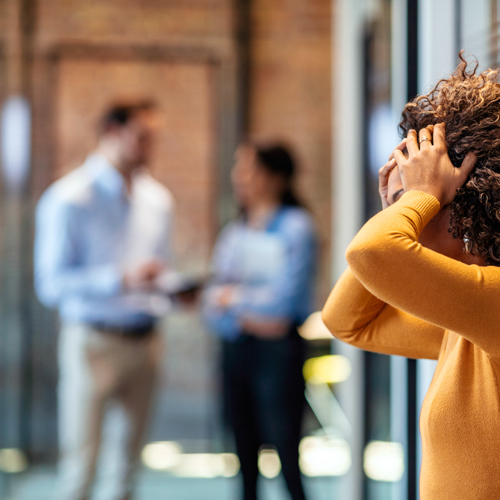FAQ
Office Practice FAQs

Advice for those working in or running an office practice.
More Frequently Asked Questions

Informed Consent FAQs
FAQ
These questions will answer your concerns about patient refusal and informed consent.

Employment Practices Liability
FAQ
CRICO has had an Association Liability (AL) program for over 25 years. However, in recent years the Employment Practices Liability (EPL) portion has seen a significant risk in activity. This list has common questions about this program.

Cures Act FAQs
FAQ
Should clinicians change their approach to writing patient notes in light of the Cures Act?



